1. Toni Morrison: The Pulitzer Prize Legacy
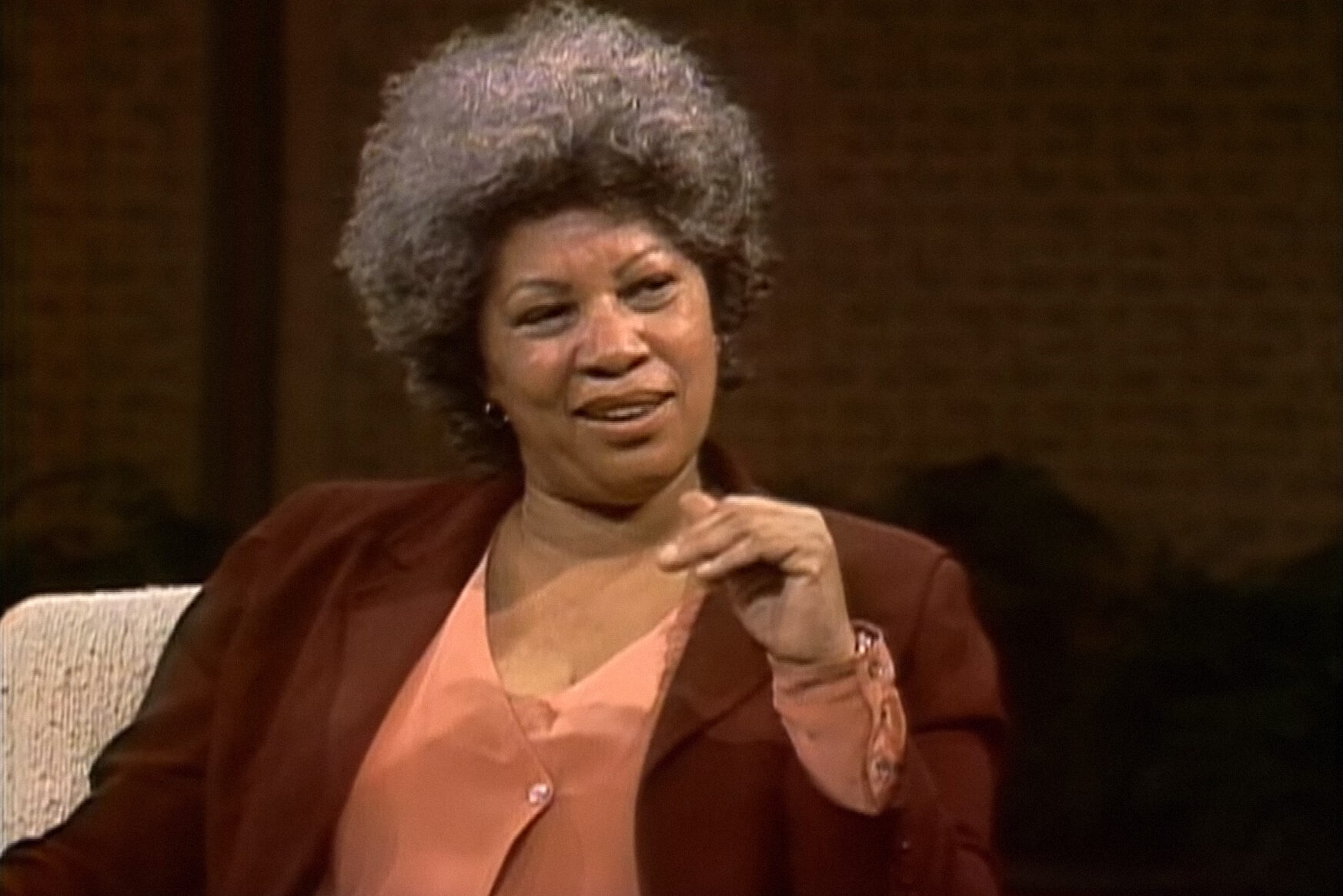
Toni Morrison is one of the most influential voices in modern literature. Her works often explore the complexities of race, identity, and the African-American experience in America. Morrison’s writing is deeply rooted in the history of her people, exploring themes of slavery, oppression, and cultural survival. Her novels are rich with symbolism, layering personal stories with larger societal reflections. With masterpieces like Beloved and Song of Solomon, Morrison challenged readers to rethink the ways they understood both the past and the present. Her writing style is poetic, dense, and filled with haunting imagery that lingers long after the page is turned says Britannica.
Morrison’s impact on modern literature cannot be overstated. She was awarded the Nobel Prize in Literature in 1993, becoming the first African-American woman to receive this prestigious honor. Her work transcended the typical boundaries of racial writing, creating an entire new space for Black writers in the literary canon. Beloved stands as one of the greatest novels in American literature, and its examination of post-slavery trauma continues to resonate today. Morrison’s approach to storytelling influenced a generation of writers, especially Black female authors, who saw her as both a mentor and a blueprint for literary success. Through her stories, Morrison redefined what it meant to be Black in America and to write in a world dominated by white voices.
2. Maya Angelou: The Poet Who Gave Voice to Generations
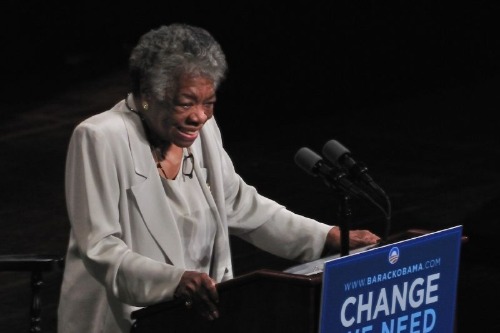
Maya Angelou’s influence on both poetry and prose is immense. Best known for her autobiography I Know Why the Caged Bird Sings, Angelou captured the complexities of growing up Black and female in the segregated South. But it’s her poetry that solidified her as one of the most beloved figures in American literature. Her poem “Still I Rise” remains a rallying cry for anyone who’s ever faced adversity. Angelou’s words don’t just tell a story; they inspire resilience and strength in the face of oppression. Her works speak to universal human experiences, drawing on themes of survival, dignity, and the indomitable human spirit says the Washington Informer.
Throughout her career, Angelou became a cultural icon, respected not just for her writing, but for her activism. She was a voice for civil rights and women’s liberation, intertwining those struggles with her literary pursuits. Her ability to turn painful life experiences into profound and accessible literature made her a household name. Angelou’s blend of lyricism, storytelling, and wisdom created a timeless legacy. Through her writing, she helped to dismantle stereotypes about Black women, portraying them as complex, multidimensional characters capable of great strength and vulnerability. The way she wove together personal experiences with larger societal issues set the stage for future generations of writers to speak openly and unapologetically. Forbes showcases some of her most important poems.
3. Zora Neale Hurston: The Pioneer of Black Southern Literature
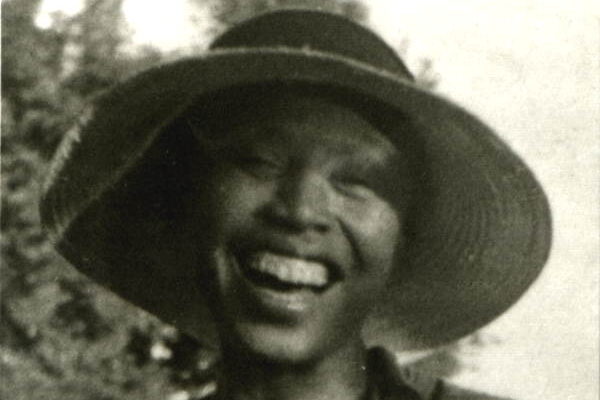
Zora Neale Hurston is celebrated for her pioneering role in African-American literature, particularly for capturing the Black Southern experience. Best known for her novel Their Eyes Were Watching God, Hurston explored themes of race, gender, and identity with a deep connection to the folk traditions and dialects of the South. Her vivid depictions of Black women’s lives in early 20th-century America were groundbreaking, challenging the existing literary norms. Hurston’s writing was deeply tied to her anthropology background, often incorporating oral histories, folklore, and music into her narratives. Her work celebrates the resilience, beauty, and complexity of Black life, highlighting the richness of Black culture in ways that had never been done before.
Despite facing much criticism in her time, Hurston’s work later gained recognition for its boldness and authenticity. Their Eyes Were Watching God is still considered one of the most important American novels. Her characters, particularly the strong-willed Janie Crawford, stand as a symbol of empowerment and self-discovery. Hurston’s writing helped shape the Harlem Renaissance, though she often found herself at odds with some of the movement’s other literary figures. Her life and career were marked by struggles with poverty and marginalization, but her works continued to inspire generations of writers. Hurston’s legacy is one of unapologetically asserting the Black experience, especially for Black women, and she continues to inspire writers to this day.
4. Audre Lorde: The Revolutionary Poet
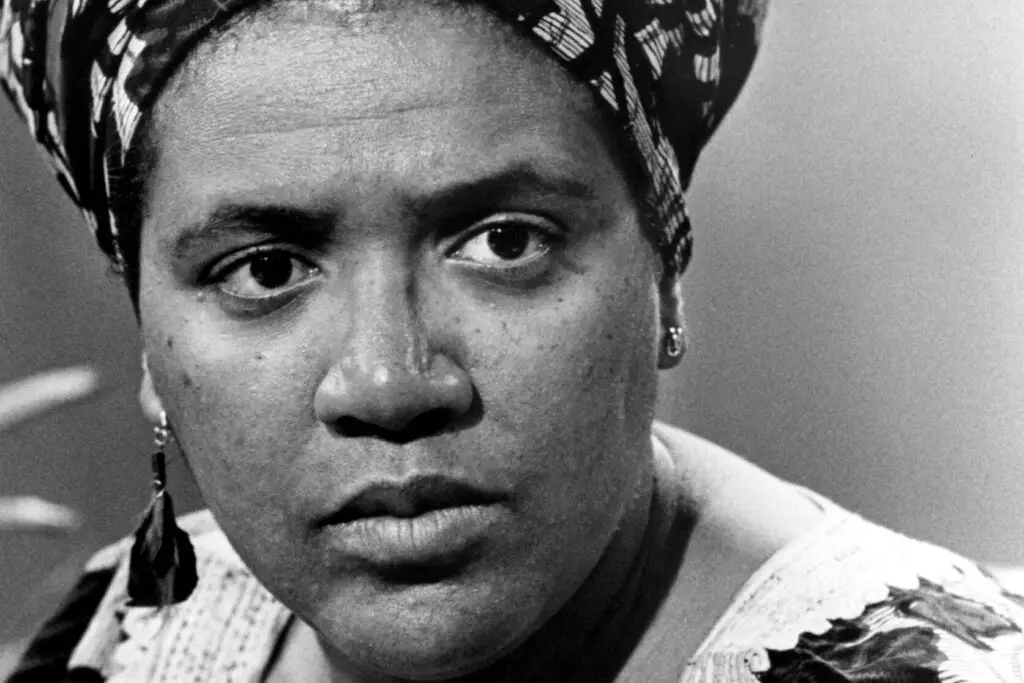
Audre Lorde was a force in literature and activism, blending the two in a way that few could match. Her poetry and essays address issues of race, sexuality, gender, and power with a fearless intensity. Lorde’s writing doesn’t shy away from the difficult conversations surrounding oppression, privilege, and identity. She was a Black lesbian feminist who used her writing to confront both personal and societal injustices. In works like Sister Outsider, Lorde challenged readers to embrace intersectionality—acknowledging how race, gender, and sexuality collide and shape our lives. Her poems are like a call to arms, urging the marginalized to embrace their power and resist systems of oppression.
Lorde’s activism was just as integral to her identity as her writing. She worked tirelessly for the rights of Black women, queer people, and other marginalized groups. Her work was often considered radical, but it was grounded in a deep belief in the power of words to heal and to transform. Lorde’s poetry is full of beauty and rage, anger and tenderness, and it offers a stark challenge to those who wish to ignore the complexities of identity. Her unwavering commitment to speaking truth to power, both through her art and her activism, left a profound imprint on modern literature. Lorde’s voice remains as relevant today as ever, continuing to inspire movements for social justice and equality.
5. Ntozake Shange: The Voice of Black Feminist Theater
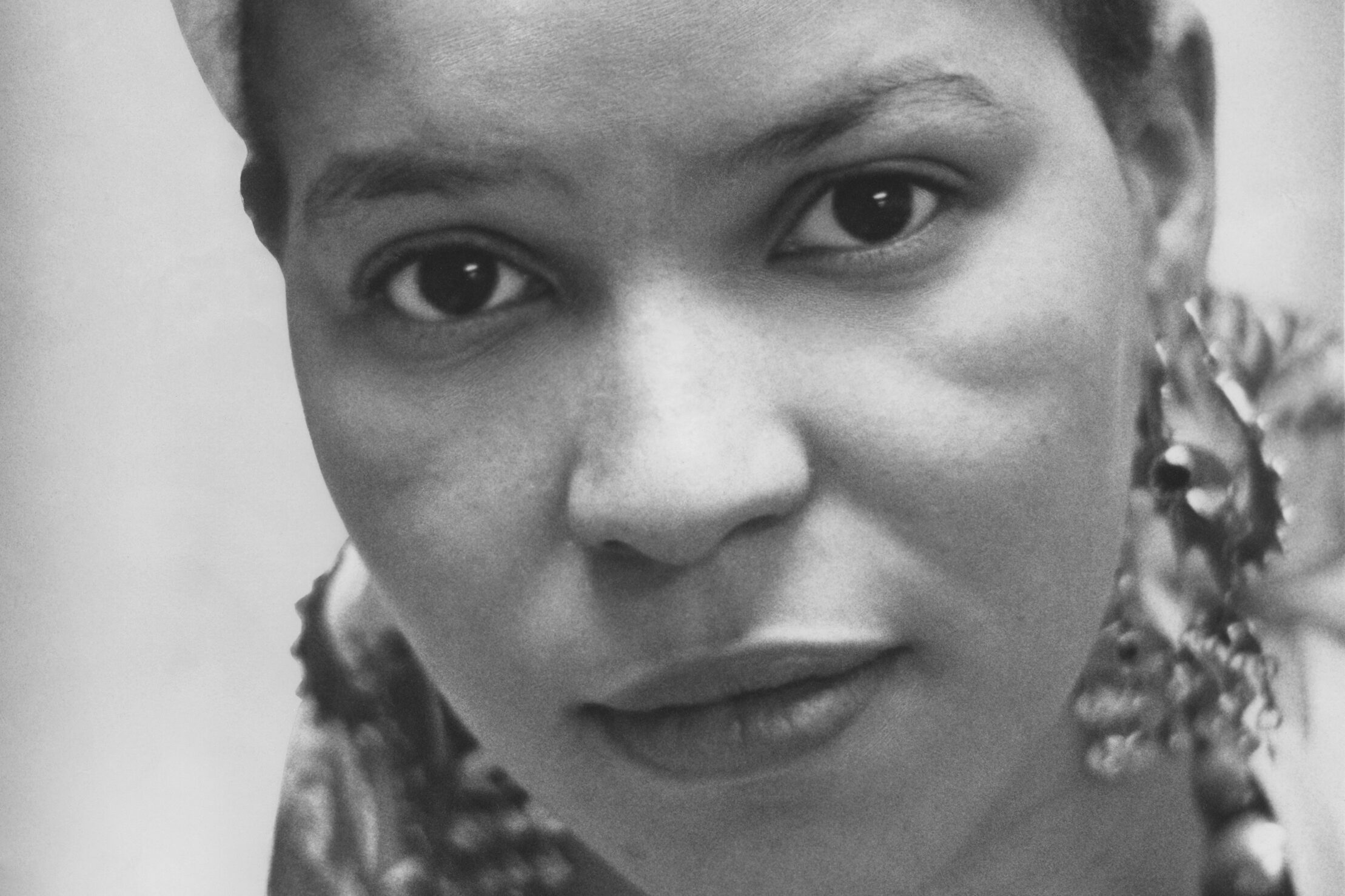
Ntozake Shange revolutionized the theater world with her bold, innovative works. Best known for for colored girls who have considered suicide / when the rainbow is enuf, Shange introduced a new kind of theatrical storytelling that blended poetry, dance, and drama. Her work spoke directly to Black women’s experiences, dealing with the intersection of race, gender, and sexuality. The play, written as a choreopoem, broke new ground in both form and content. It illuminated the struggles and resilience of Black women, telling their stories in their own voices. Shange’s innovative style brought a fresh approach to both the stage and the page, allowing for a deeper, more complex understanding of Black womanhood.
Shange’s work was both intensely personal and politically charged, reflecting the realities of life for Black women in America. Her characters—though fictional—embody a collective experience that resonated with audiences from all walks of life. She used her art as a tool for healing and empowerment, giving voice to those who had been silenced. Beyond her theatrical works, Shange’s poetry also focused on similar themes of survival, strength, and joy. She created a space where Black women could see themselves reflected not just in literature, but in the arts in general. Through her writing, Shange redefined what it meant to be a Black woman in America, and her work continues to influence artists and writers alike.
6. Jesmyn Ward: A Modern Chronicler of the Gulf Coast

Jesmyn Ward is one of the most celebrated contemporary Black female authors, known for her ability to capture the deep-rooted struggles and beauty of the American South. Her novels, including Salvage the Bones and Sing, Unburied, Sing, are full of lyrical beauty and raw emotion, as she navigates themes of poverty, family, and the haunting legacy of racism. Ward’s writing paints a vivid portrait of life in the Gulf Coast, especially the experience of Black families in rural, working-class communities. Her characters are multifaceted, often grappling with loss, survival, and the complex relationships that define family dynamics. Ward’s evocative prose and deeply human storytelling create an atmosphere that immerses readers in her world, drawing them into the lives of those she writes about.
Ward’s works have garnered critical acclaim, with her receiving multiple prestigious awards, including the National Book Award. Her ability to write about hardship without losing sight of the moments of grace and beauty within it has made her a defining voice in modern literature. Through her novels, Ward captures the history and legacy of Black Southern families, while also addressing contemporary issues like incarceration, addiction, and the search for identity. Her work highlights how the past continues to shape the present, and how resilience is passed down through generations. Jesmyn Ward’s contributions to literature are significant, and her stories continue to offer readers a rich, multifaceted understanding of life in the South.
